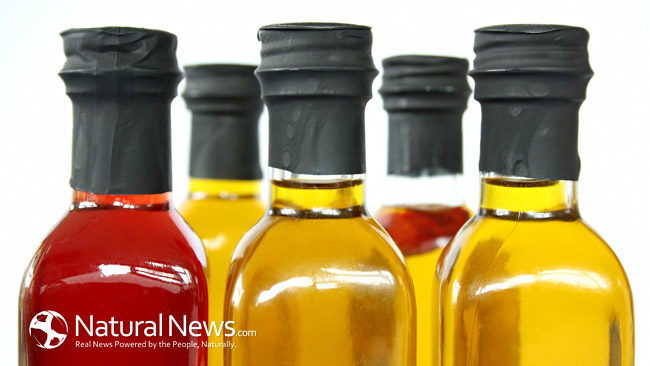Today it seems like the only good for you fat that we ever hear about is olive oil. Olive oil is chock full of antioxidants and vitamin E, so it is valued for its health benefits. But lately olive oil has seen some competition on the healthy fat front. It seems that there is a new contender in town when it comes to healthy fats: grapeseed oil. Is it healthy, though?
Benefits of Grapeseed Oil?
Grapeseed oil is, simply, the oil from the seeds of grapes. This oil is a relative newcomer on the market since grape seeds do not actually contain very much oil. It takes some high tech machinery to extract the oil from the seeds, and this machinery has not been around long. But just because there is a new oil on the market does not mean it is good for you. Let’s break down what is, and what is not, in grapeseed oil.
1) It contains a great deal of vitamin E. In fact, it contains about twice as much vitamin E as olive oil.
2) Grapeseed oil is non-hydrogenated and has no trans fats.
3) Grapeseed oil has no cholesterol and very little saturated fat.
4) Grapeseed oil also has a high smoke point which means that you can cook with it at higher temperatures. Keep in mind that some types of olive oils have high smoke points, too, though.
5) It has the highest concentration of omega-6 polyunsaturated fats. This is not as good as it sounds. In fact, it is the worst thing about it. Polyunsaturated fats, or PUFAs, are not so good for you.
Polyunsaturated Fats
The human body cannot handle very much polyunsaturated fat at all without running into some serious health problems. Throughout history, we have consumed only a very small amount of polyunsaturated fat, only what was naturally present in the food we ate.
But as our food supply bring about new technology for creating new foods, and new ways of extracting oils out of seeds that we never could have before, we get new oils and new fats. As a result, we are consuming more polyunsaturated fats than ever before and it is taking a toll on our bodies.
When our bodies have too much polyunsaturated fat in our bodies, problems can occur. These include:
1) Free-radical damage: Too much polyunsaturated fat can cause inflammation. Free-radicals can also attack cell membranes and red blood cells which can cause damage to DNA and RNA strands. This can cause cellular mutations in our body’s tissues which can lead to aging before your time, plaque in the arteries and more..
2) Oxidation of cholesterol and other tissues: When polyunsaturated fat is oxidized, free radicals are formed. This is due to damage from heat, light, and pressure. PUFAs are heat sensitive. Industrial oils are heated and pressurized during the processing as they require a number of chemicals and deodorizers to change the smell and appearance of the oil before it is sold.
3) Thyroid damage: Polyunsaturated fats can directly interfere with the functioning of the thyroid gland. Because of the inflammation they cause when consumed in excess, too much polyunsaturated fat consumption can cause hypothyroidism, increasing stress hormones as well.
4) Metabolism problems: Polyunsaturated fats can actually lower your metabolism if you consume too many of them. They can hamper your cells’ ability to burn fuel and produce energy, so your metabolism slows. Your PUFA consumption should be no more than 4% of your total calories. Typically, you get this in your foods naturally. Polyunsaturated fats can be found in meats, eggs, and dairy. In this case, olive oil is your better choice for oil, as it is lower in polyunsaturated fats.





